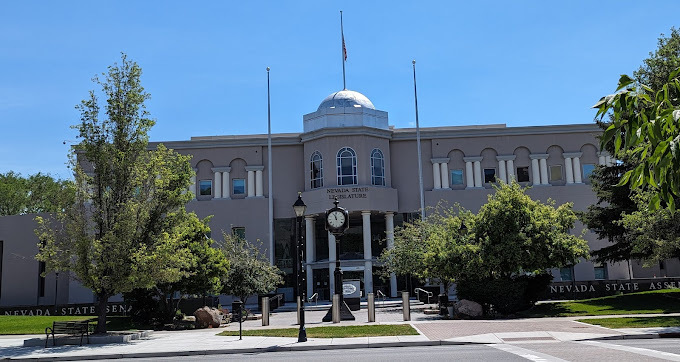ISAACSON LAW BLOG
Budget Rejection?

Budget Rejection?
The question of what happens if a budget is rejected by the owners, has been asked of our office. The answer is found in NRS 116.31151, which provides, in relevant part, that:
3. Within 60 days after adoption of any proposed budget for the common-interest community, the executive board shall provide a summary of the proposed budget to each unit’s owner and shall set a date for a meeting of the units’ owners to consider ratification of the proposed budget not less than 14 days or more than 30 days after the mailing of the summaries. Unless at that meeting a majority of all units’ owners, or any larger vote specified in the declaration, reject the proposed budget, the proposed budget is ratified, whether or not a quorum is present. If the proposed budget is rejected, the periodic budget last ratified by the units’ owners must be continued until such time as the units’ owners ratify a subsequent budget proposed by the executive board.
With that said, even though homeowners may be against a proposed increase in assessments, that does not necessarily prevent a board from imposing an increase under certain circumstances. Among those instances where assessments may be increased, include where the community’s reserves are underfunded.
The reason is that NRS 116.3115.2(b) provides, in pertinent part, that:
The association shall establish adequate reserves, funded on a reasonable basis, for the repair, replacement and restoration of the major components of the common elements and any other portion of the common-interest community that the association is obligated to maintain, repair, replace or restore.
Accordingly, the Association must fund a reserve account to care for the repair, replacement, and restoration of the major components of the common elements. Those components would include anything the association is responsible to maintain and/or repair, such as the community pool and clubhouse.
But if the association’s budget is rejected by the membership, that does not prevent the board from instituting reserve assessment. More specifically, NRS 3115.2(b) goes on to state that:
Notwithstanding any provision of the governing documents to the contrary, to establish adequate reserves pursuant to this paragraph, including, without limitation, to establish or carry out a funding plan, the executive board may, without seeking or obtaining the approval of the units’ owners, impose any necessary and reasonable assessments against the units in the common-interest community. Any such assessments imposed by the executive board must be based on the study of the reserves of the association . . .
Stated differently, the association’s board can increase assessments to fund the association’s reserve account without getting homeowner approval. This would be the case regardless of what is provided for in the association’s governing documents. Should you or your community have questions regarding budgets or reserve funding, call Troy at Isaacson Law at (702) 529-2559.

LOCATION
- (702) 529-2559
- 4730 S. Fort Apache Rd, Suite 280 Las Vegas, Nevada 89147
BUSINESS HOURS
Monday – Friday: 8:30am to 5:30pm
Recent Blog Posts

Legislative Session 4-20-25

Legislative Session 3/15/25



